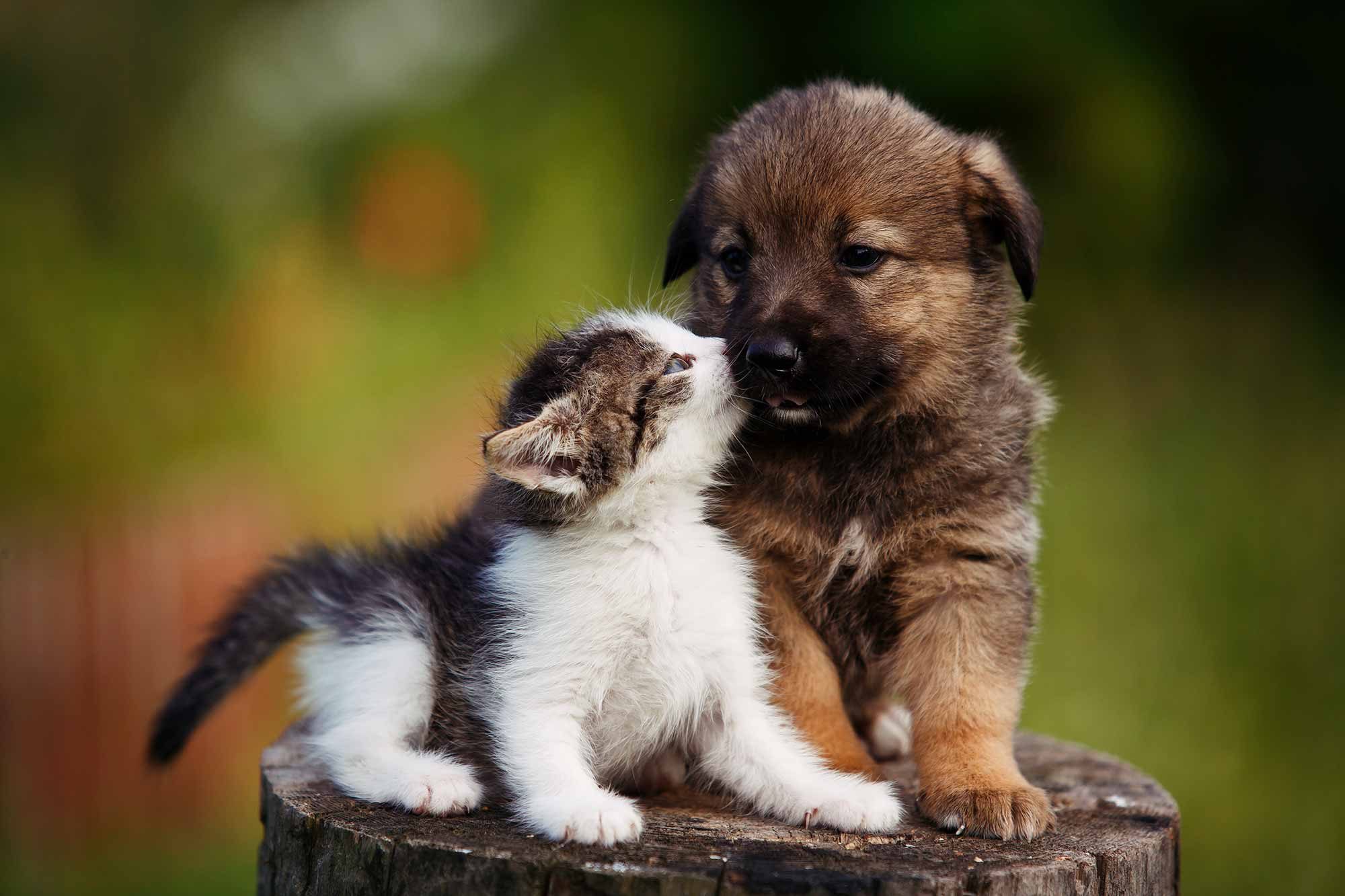When it comes to bringing home a new puppy or kitten, most people are filled with excitement and anticipation. The thought of having a new furry family member to love and care for is truly a joyous occasion. However, amidst all the excitement, it’s crucial not to overlook the importance of socialization in puppies and kittens.

Socialization plays a vital role in shaping the behavior and temperament of our pets. It is the process of exposing them to various people, animals, environments, and experiences to ensure they grow up to be well-adjusted and confident individuals. Just like humans, our pets need to feel comfortable and at ease in different situations, and this can only be achieved through proper socialization.
For puppies, the critical socialization period is between 3 and 14 weeks old. During this time, their brains are like sponges, absorbing and processing everything they encounter. Proper socialization during this period will help them develop into friendly, outgoing, and well-behaved dogs. For kittens, the socialization window extends until around 9 weeks of age.
Now, let’s dive into the reasons why socialization is so important for our furry friends.
1. Builds Confidence: Through socialization, puppies and kittens are exposed to new people, animals, and environments, which helps them feel more comfortable and confident. This confidence will enable them to handle new situations or changes in their environment with ease.
When I brought home my little puppy, Max, I made sure to introduce him to different people, including children, seniors, and individuals wearing hats or glasses. I also took him for walks in various neighborhoods, exposing him to different sounds, sights, and smells. Watching him grow into a confident and well-adjusted dog, who isn’t afraid of new experiences, has made all the effort worth it.
2. Promotes Positive Behavior: Proper socialization plays a significant role in preventing behavioral issues in our pets. When puppies and kittens are exposed to a variety of stimuli and experiences, it helps them understand what is considered normal and acceptable behavior.
During socialization, it is important to reward positive behavior, such as sitting calmly when meeting new people or playing gently with other animals. By reinforcing these positive behaviors, we are setting the foundation for a well-behaved pet.
3. Reduces Fear and Aggression: Socialization helps to reduce fear and aggression in our pets. When animals are exposed to various situations and learn that they are not threatening or dangerous, they are less likely to react with fear or aggression.
I vividly remember the time when I adopted a little rescue kitten named Bella. She had experienced a traumatic event in her early life, which made her extremely fearful. I invested a lot of time and effort in her socialization, gradually exposing her to new experiences and environments. Over time, her fear diminished, and she became a loving and gentle cat who trusted me completely.
4. Enhances Bonding: Socialization activities provide excellent opportunities for bonding with our pets. When we expose puppies and kittens to new experiences, they rely on us for comfort and reassurance. This creates a strong bond between us and our furry companions, based on trust and positive association.
5. Prepares for Veterinary Visits: Regular veterinary visits are an essential part of our pets’ overall health and well-being. However, these visits can be stressful for both the animals and their owners if they haven’t been properly socialized. By exposing puppies and kittens to different handling techniques, they become more comfortable with being touched, examined, and even receiving vaccinations.
6. Prevents Behavioral Issues in Adulthood: The socialization period in puppies and kittens is crucial for preventing behavioral issues that could arise in adulthood. Exposing them to different stimuli during this early stage helps them develop coping mechanisms and adapt to new situations. This is especially important for dogs, as behaviors such as fearfulness, aggression, and separation anxiety are often rooted in a lack of early socialization.
7. Facilitates Safe Interaction with Other Animals: As pet owners, it’s important to ensure that our furry friends can interact safely with other animals. Proper socialization teaches them how to communicate and behave appropriately with their fellow canines or felines, reducing the risk of conflicts or injuries.
By organizing playdates and allowing our puppies and kittens to interact with well-behaved and vaccinated animals, we are promoting healthy social bonds and helping them understand appropriate social cues.
In conclusion, socialization is a vital aspect of raising a well-rounded and behaviorally sound puppy or kitten. By exposing our pets to various people, animals, environments, and experiences, we provide them with the tools they need to navigate the world with confidence and ease. Through socialization, we not only enhance our bond with our furry companions but also set them up for a lifetime of positive interactions and happy experiences. So, let’s make socialization a priority and ensure that our puppies and kittens grow up to be the best versions of themselves.

